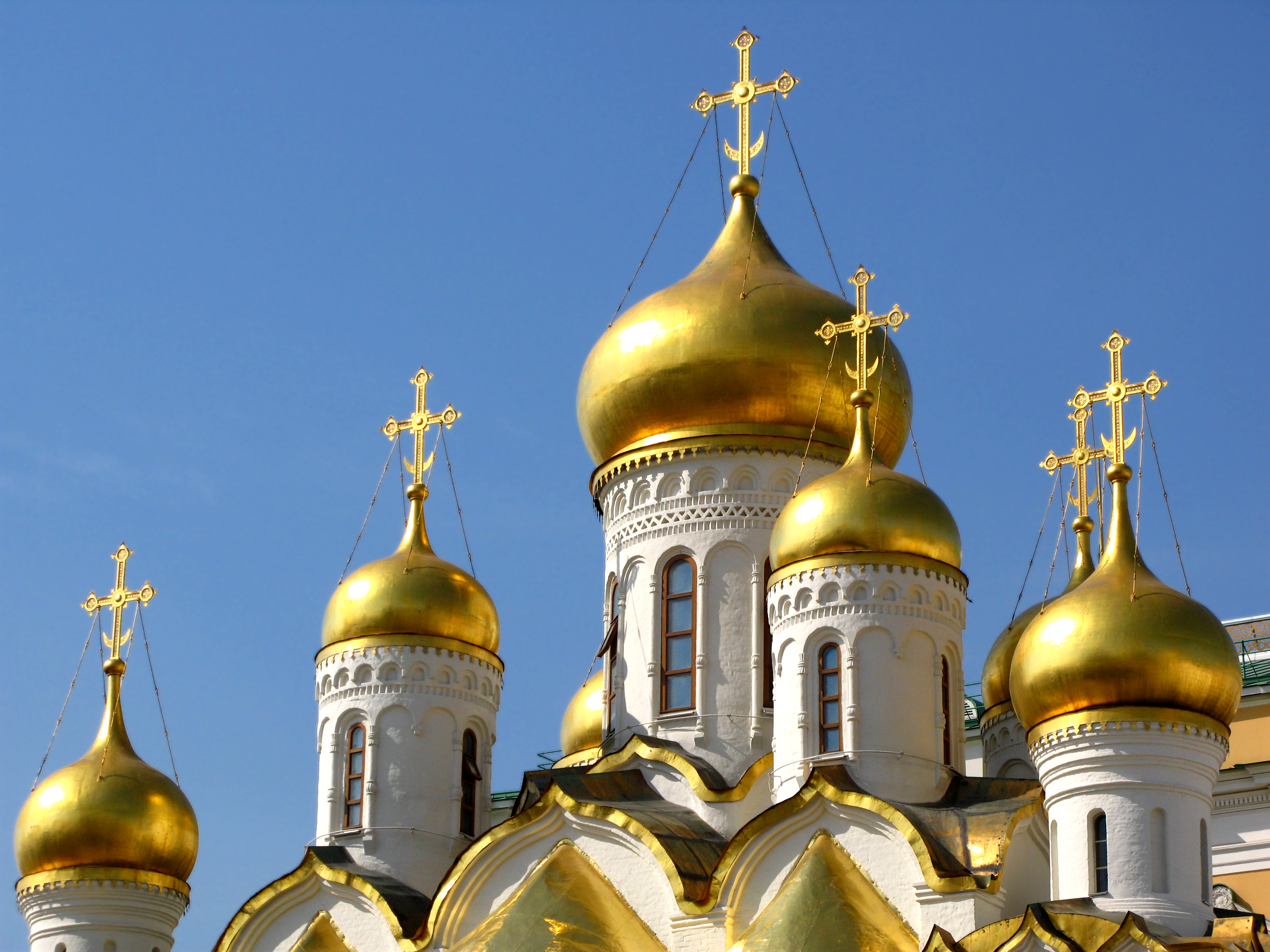Music and the Heartbeat
Repetition is based on body rhythms, so we identify with the heartbeat, or with walking, or with breathing. -Karlheinz Stockhausen In 2008, researchers at the University of Illinois medical school discovered that the 103 beat-per-minute pulse of the Bee Gees’ 1977 disco hit Stayin’ Alive provided the perfect tempo for resuscitating the heart through CPR. From the satisfying groove of a disco or techno beat to a Bach Brandenburg Concerto, musical rhythm has long been …


